Caitlin Clark’s likely Olympic absence will have financial ramifications for broadcasters and other stakeholders. … Viewership soared during the first month of the WNBA season. … Salt Lake City is ready to spend big, but responsibly, in 2034. … Front Office Sports Today explores a sports league for the new age. … And we look back at the first Japanese-backed ownership to enter MLB.
—David Rumsey and Eric Fisher
|
|
|
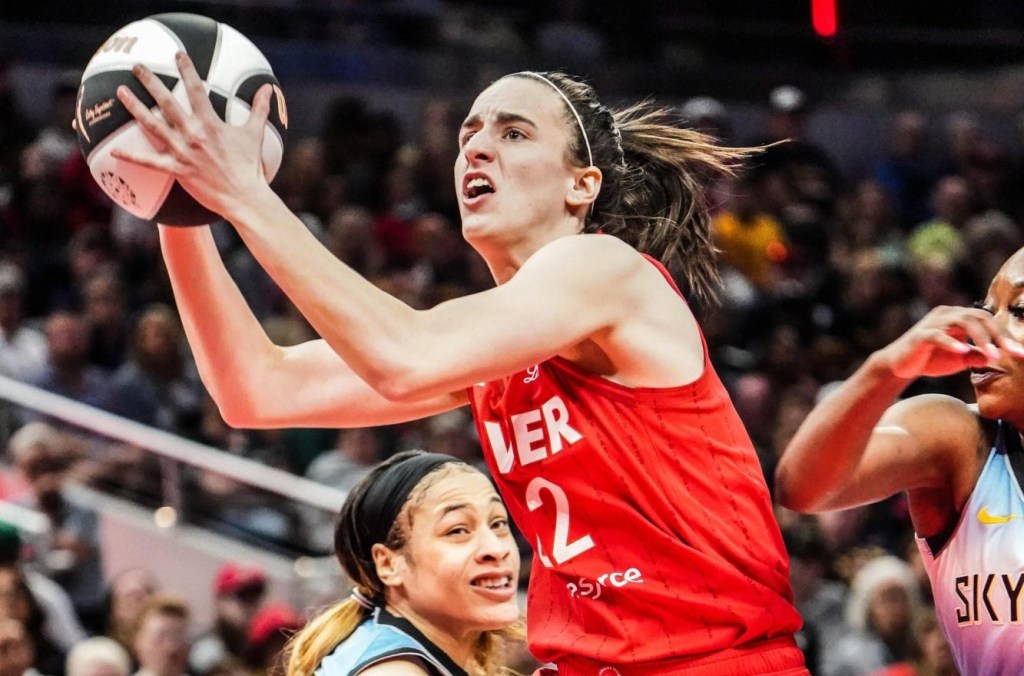
|
Michelle Pemberton-USA TODAY Sports
|
Another week, another round of the Caitlin Clark hot takes.
Just on the heels of the WNBA rookie phenom being knocked to the floor in a game against the Chicago Sky—setting off a national debate—Clark was left off the USA women’s basketball roster for the upcoming Paris Olympics. That decision set off yet another round of heated opinions, many hours of airtime across sports-talk radio and TV, and conjecture veering far beyond basketball into issues of race and gender.
But just like most everything else surrounding the heralded arrival of Clark to the WNBA, there is more going on than just what lies on the surface, and multiple things can be true simultaneously. Among the key elements surrounding the Clark-Olympics debate:
- Leaving her off was likely the best decision from a basketball perspective. The full roster has not yet been officially announced, and if there are subsequent withdrawals or injuries, Clark’s inclusion is still possible. But the squad that has been widely discussed involves players with more international experience—particularly recently—than Clark. USA Basketball’s top job in Paris is to win gold, as it has every Olympics since 1996, and the organization’s selections show a clear preference for veteran experience.
- Clark has been remarkably poised about the situation. Continuing to show a level of grace and maturity perhaps beyond her years, the 22-year-old Clark took the decision publicly in stride, saying, “Honestly, no disappointment. It just gives me something to work for; it’s a dream. Hopefully, one day I can be there.”
- NBC Sports will almost certainly take a viewership hit because of this. This is a primary basis for the arguments to have Clark on the team. Media rights fund the vast majority of the entire Olympic movement, have done so for decades, and Clark has been the foremost driver in an extensive series of attendance and viewership records posted this year across both college and pro women’s basketball. Her presence would have further advanced and, in many ways codified, what already has been a breakthrough year for the women’s game. NBC Sports and corporate parent Comcast are also eager for a ratings resurgence after posting record Olympics lows in both Tokyo and Beijing. But this is also a situation where business goals and basketball ones are coming into direct conflict.
- There is still a downside to the TV-centric argument. Even if Clark had been selected for the team, she might not have played many minutes, again due to the greater level of Olympics and international experience among the rest of the roster. That could have created its own dilemma for NBC Sports by marketing the presence of a superstar and cameras finding her primarily sitting on the bench, in turn creating unfulfilled expectations among viewers.
- Fans and advocates of Clark, not to mention Clark herself, might still be best served over the long term with this decision. Since the WNBA will shut down for a month to accommodate the Olympics, Clark’s not playing in Paris will allow her to take an extended break, something that hasn’t been possible since last summer as she went directly from finishing her stellar career at Iowa to the WNBA draft and then training camp, the preseason, and start of the regular season with the Indiana Fever. She said she is relishing the opportunity to rest both her body and mind.
“I’ve loved competing every single second,” Clark said. “But it’s going to be a great month for my body to get rest, get healthy, and just get a little time away from basketball and the craziness of everything that’s been going on. And just find some peace and quiet for myself.”
|
|
|
|
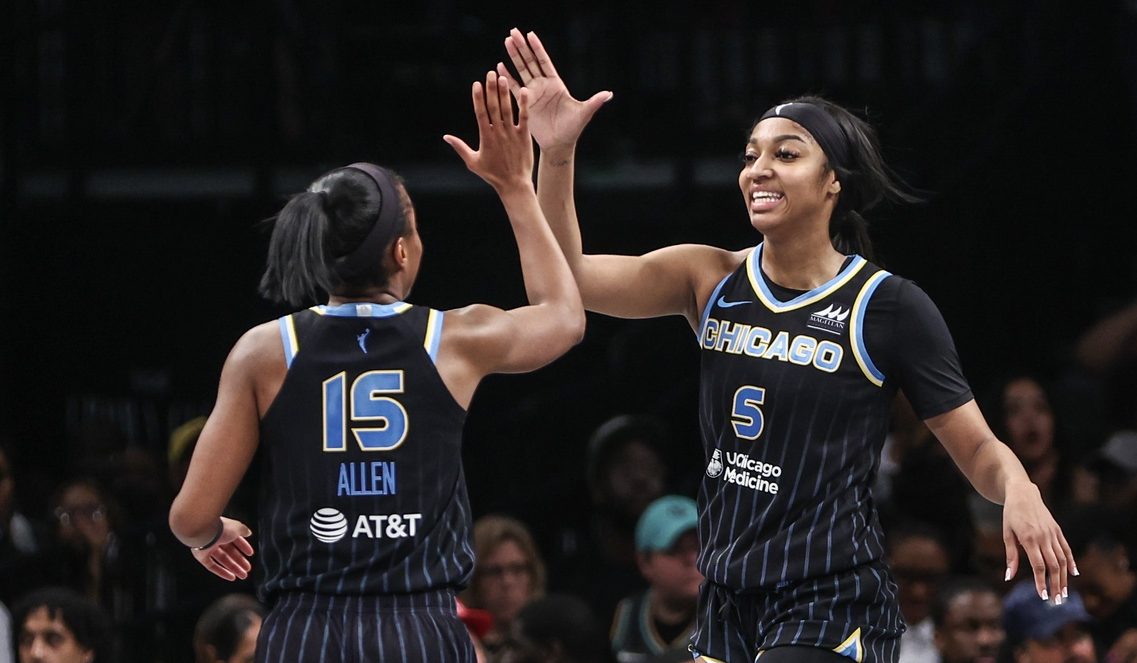
|
1.32 million
Average number of viewers for WNBA games across ABC, ESPN, ESPN2, and CBS during May, a figure nearly three times last season’s viewership average of 462,000 per game. The networks, plus Ion and NBA TV, have already set network records for individual games, but the broader view provides yet another window as to how dramatic the escalation for the league has been thus far in 2024. Within the overall viewership increase is a 60% jump among people of color, and first-week increases of 124% for viewers 35 years old or younger and 139% for young girls.
|
|
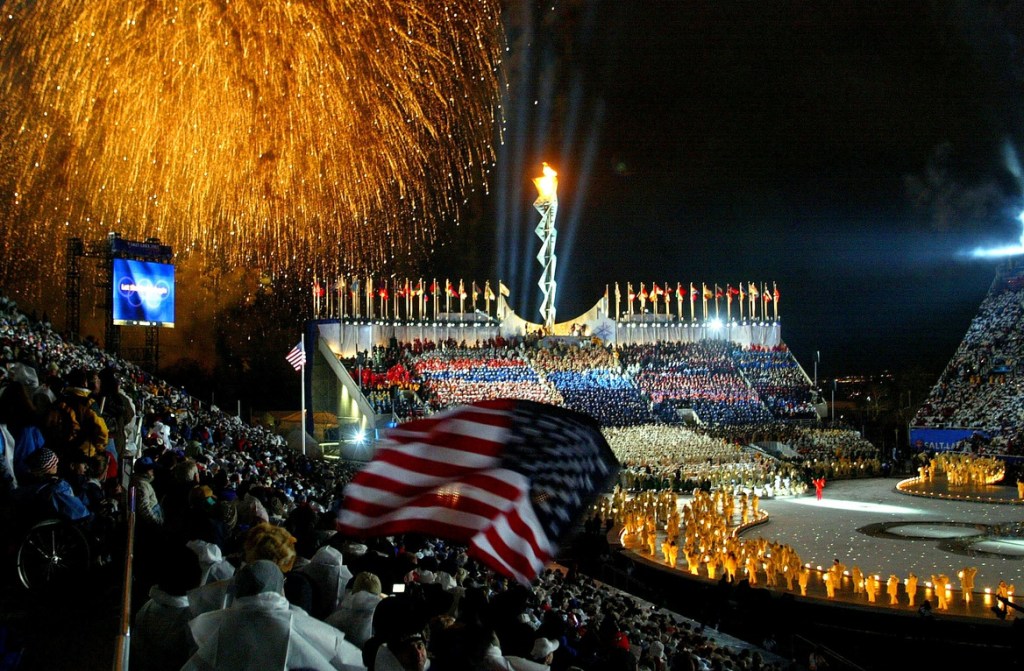
|
Daniel Raunig/Gepa via USA TODAY Sports
|
Salt Lake City hasn’t officially been named the host of the 2034 Winter Olympics, but organizers in Utah are already getting their finances in order. A privately funded budget of $3.99 billion has been proposed to the International Olympic Committee, which could make a final decision on some future Games hosts during meetings at the Paris Olympics next month. Salt Lake City is the preferred bidder for ’34.
Winter Olympics are typically cheaper than the Summer Games, but that total cost of nearly $4 billion is still significantly lower than the projected $6.9 billion price tag for the other upcoming Olympics in the U.S., the 2028 Summer Games in Los Angeles. Those will also be privately funded. The final budget for the Paris Games this summer hasn’t been set, but they will cost at least $9 billion. Taxpayers in France could be on the hook for more than $5 billion of those funds.
If Utah does get the 2034 Olympics and doesn’t go over budget, it would come in at a fraction of some recent editions: The Tokyo Games, delayed by one year to ’21, cost $15.4 billion, just a few years after organizers of the ’18 Winter Olympics in PyeongChang spent $12.9 billion.
Everything in Place
A key selling point of Salt Lake City Olympic planners is that no new permanent venues will need to be built ahead of the 2034 Games. Still, there could be 40% more events for Utah’s next Olympics than were held in ’02 (above). Tokyo spent $1.43 billion on its flagship stadium and another $520 million on an aquatics center. In ’18, South Korea spent about $110 million on a temporary stadium that was demolished after the closing ceremony.
|
|
|
|
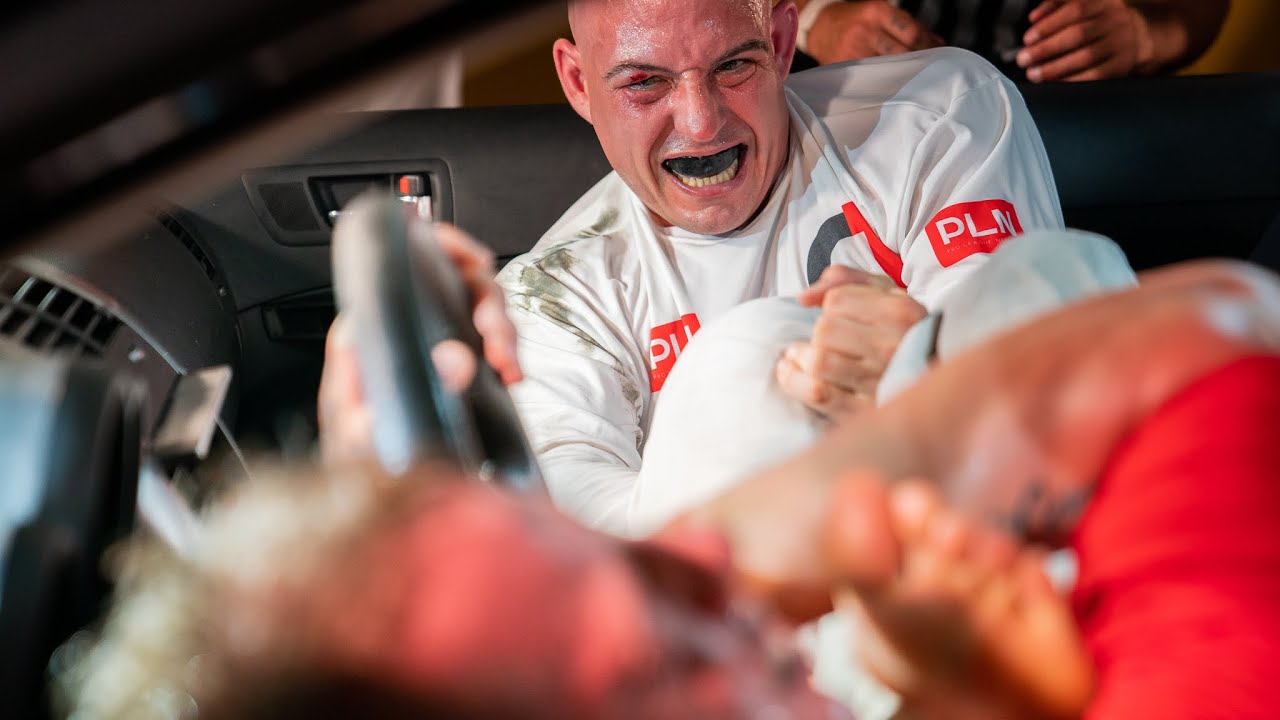
|
The Pro League Network specializes in sports that combine serious athletes with an irreverence built for the social media age. Competitions such as SlapFight, Putt-Putt, and CarJitsu (where athletes grapple inside a car) are built as digital-first sports media properties. PLN founders Mike Salvaris and Bill Yucatonis join the show to explain the method to their madness.
🎧 Watch, listen, and subscribe on Apple, Google, Spotify, and YouTube.
|
|
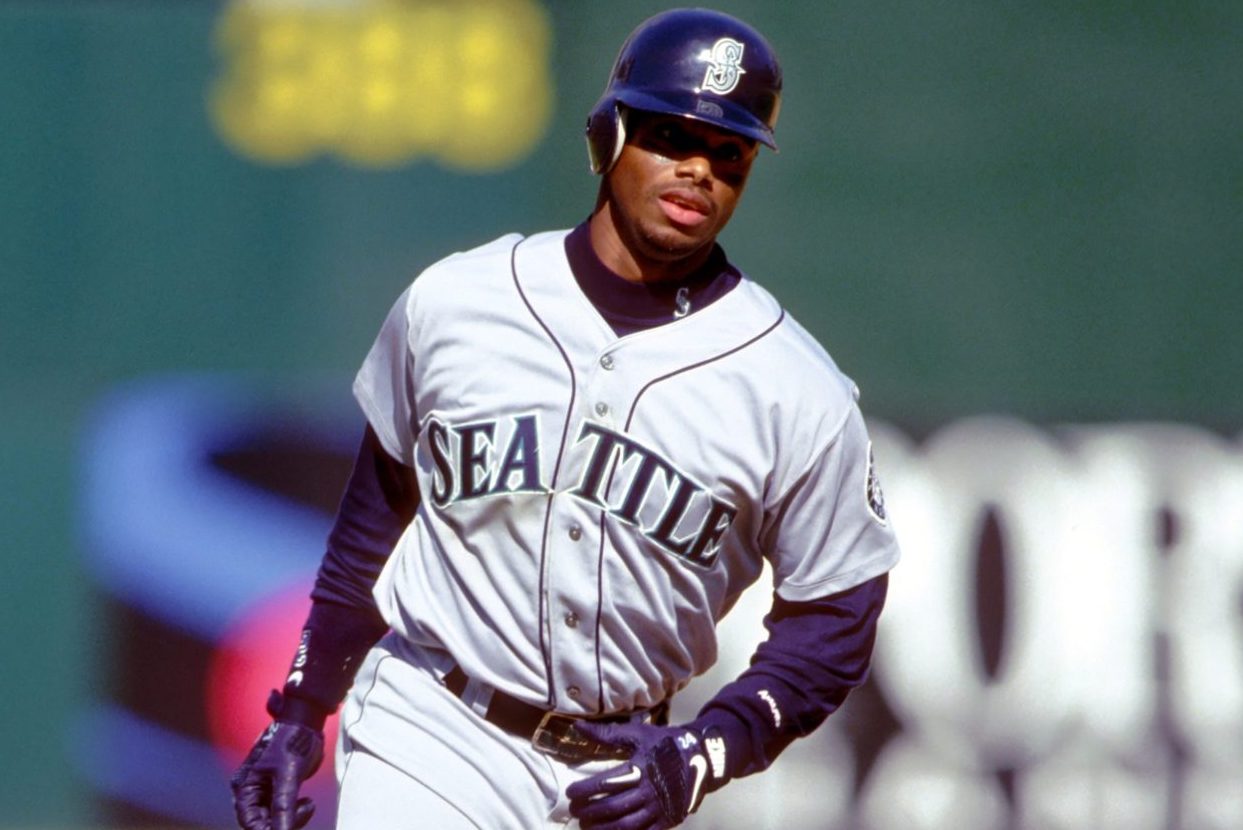
|
On this day 32 years ago: MLB owners approved a sale of the Mariners from communications executive Jeff Smulyan to a group of Japanese investors led by Nintendo president Hiroshi Yamauchi. The deal, worth in excess of $100 million, marked the first Japanese-backed ownership of an MLB team. The structure of the deal was complex in which Yamauchi provided significant financial backing to the deal, but ceded day-to-day operations to local partners led by John Ellis, and later, Howard Lincoln.
But the transaction provided a significant lifeline to the franchise, as a Mariners payroll that had previously existed as one of MLB’s smallest during the Smulyan era quickly rose to a solid mid-tier ranking by the mid-1990s. Despite never attending a Mariners game during his lifetime, Yamauchi oversaw many of the most pivotal moments in team history, including the team’s victory over the Yankees in the ’95 Division Series, the opening of what is now T-Mobile Park in ’99, and additional berths to the AL Championship Series in 2000–01, the latter of which included a record 116-win season. The team is now led by John Stanton, and it is the only active MLB franchise to never reach a World Series. But a large part of the current team stability still stems from Yamauchi, who died in ’13. The Mariners are also now estimated to be worth $2.2 billion.
That same MLB owners meeting in 1992 also contained another franchise concern, as then commissioner Fay Vincent said the Giants were “a serious problem,” playing in aging Candlestick Park, and were a potential candidate to move. After several more years of uncertainty, the team won political backing for what is now Oracle Park, opened the ballpark in 2000, and now is one of MLB’s best-attended teams.
|
|
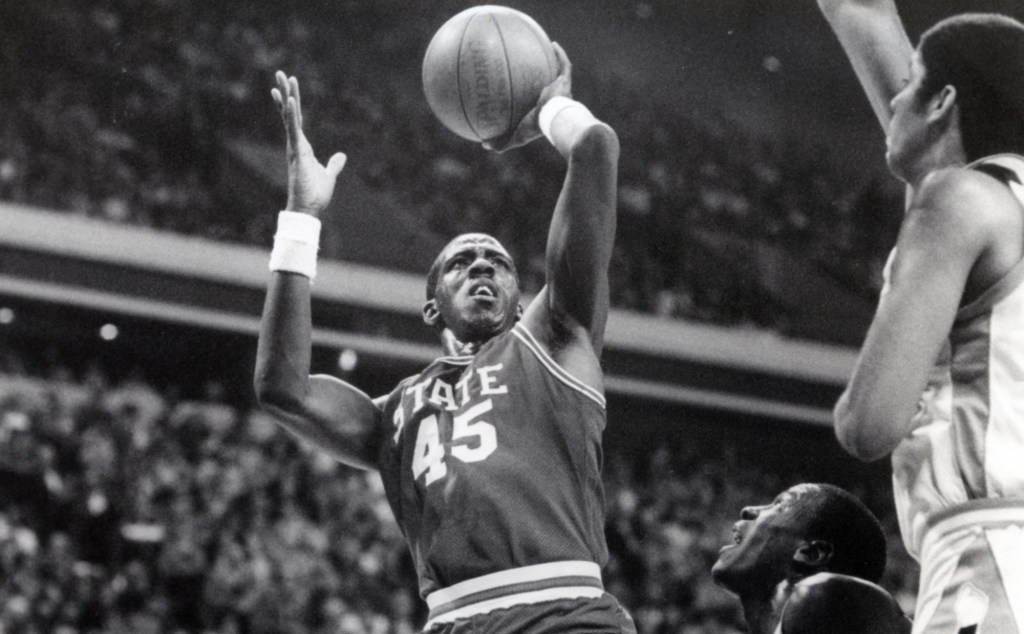 | The ’83 team is one of March Madness’s most memorable Cinderellas. |
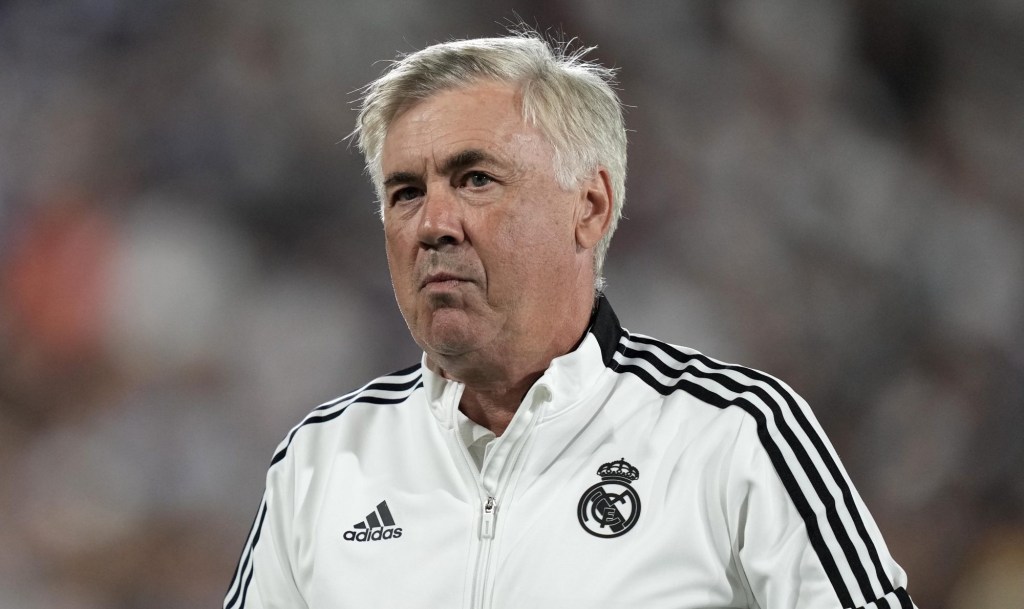 | Carlo Ancelotti originally said his team won’t play in the U.S. tournament next summer.
|
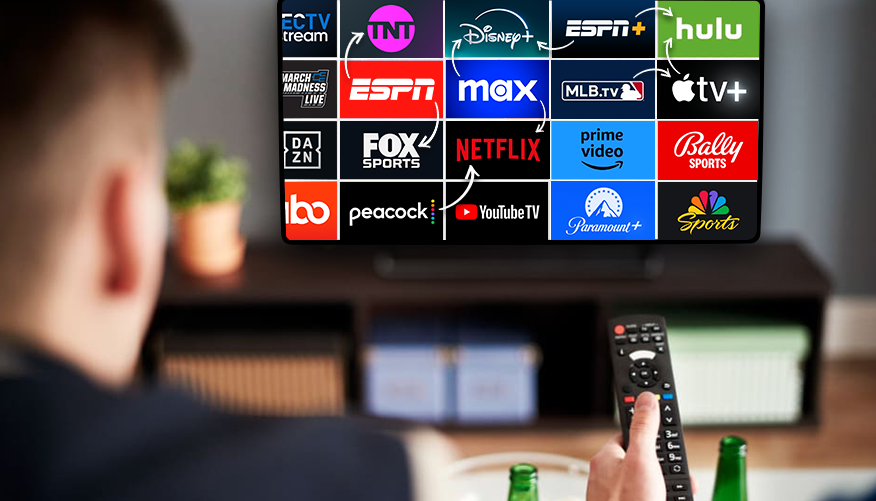 | Here’s why confusion continues to outweigh solutions in the streaming package boom.
|
|
|











